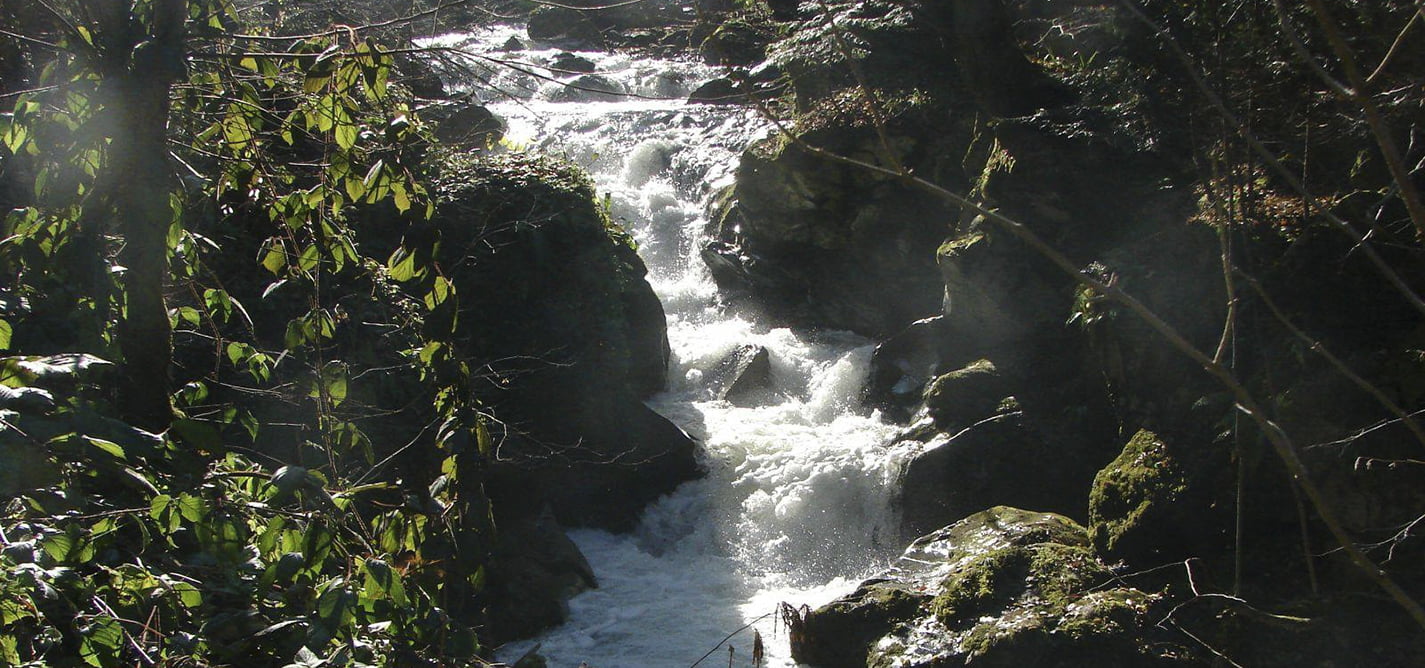
Keeping the rivers glistening in Bosnia and Herzegovina
Women of Kruscica part of a nascent movement to preserve rivers in the Balkans.
|27.12.2017
|
According to data from the ‘River Watch’ organization, the construction of 2,800 dams is planned in the area between Slovenia and Greece.
The CBC government has issued 61 concessions to private companies for constructing small hydroelectric plants since 2004. Twenty-nine have already been built, mostly on small rivers and rivers with low water levels during summer.

Mirna Omercausevic
Mirna Omercausevic is a freelance journalist and activist from Bosnia and Herzegovina.
This story was originally written in Albanian.